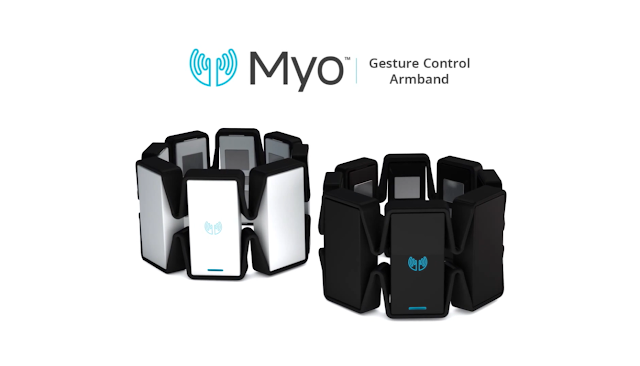Google Glass is one of the prestigious project that Google has initiated. Google has started shipping the prototype of Google Glass from 15th April 2013 and tentatively shelved it by 15th January 2015. Later Google launched the Google Glass Enterprise Edition in July 2017 and Google Glass Enterprise Edition 2 in May 2019. Though Google Glass was very much anticipated throughout its incarnation and reincarnation, it was not as successful as it was anticipated.
Though there
were many odds, Google didn’t give upon the Glass. As a part of enhancing the product,
Google has acquired the Canada based human computer interfaces and smart glass
company North. Thalmic Labs was a Canada based technology company that was
established in 2012. Later it was christened as North. Rick Osterloh, Senior Vice Prsident, Device & Service, Google Inc. has stated that there comes a day where live in a new branch of computing called Ambient computing.
From 10 blue links on a PC, to Maps on your mobile phone, to Google Nest Hub sharing a recipe in the kitchen, Google has always striven to be helpful to people in their daily lives. We’re building towards a future where helpfulness is all around you, where all your devices just work together and technology fades into the background. We call this ambient computing.
North has been working on a device called Myo Gesture Control Armband. This device directly couples neuro-muscular impulses into electric signal that a computer can understand and respond accordingly. Later, the company has started the project called Focals, that deals with direct retinal projection and prescription compatibility.
 |
| Myo Gesture Control Armband |
Though there was no mention about the price that Google paid in acquiring the company, Google has mentioned the news in their blog.
Is the world really
ready to adapt the smart glasses?
Apart from this acquisition and opinions of various people
of tech, is the world really ready for this technology – the smart glasses?
The answer
is ‘yes’ but with a caveat. Back in 2014, a mobile phone with 1GB of RAM was
considered to be a flagship. Fast forwarding to 2020, we are at 12 – 16GB RAM
mobiles. This transition occurred due to the fact that the people felt the real
need of such memory. If this is what people really wanted or even if Google can
present their product for which a deny could not be found, it is most certain
for smart glasses to change the path of technology.











0 comments:
Post a Comment